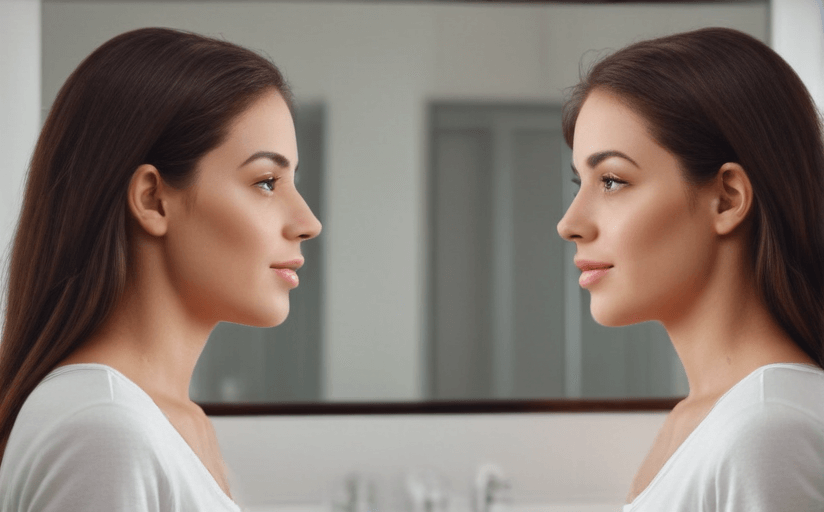The Complex Relationship Between Mental Health and Personal Attractiveness
The complex relationship between mental health and personal attractiveness is one that psychologists and researchers have probed for years. This relationship is not as straightforward as it may seem; the state of one's mental health deeply influences their level of attractiveness in several, often subtle ways. This article will explore these dimensions and analyse perspectives from psychological studies and personal accounts.
Mental Health and Personal Confidence
Confidence is frequently perceived as an attractive characteristic. It is directly tied to one’s self-esteem, which is influenced by our mental health. Psychological studies have established a strong correlation between mental health and self-confidence. For instance, individuals suffering from depression often grapple with low self-esteem, which might impact their perceived attractiveness.
Mental Health and Charisma
A person's charisma or their magnetic charm also significantly contributes to their attractiveness. Charisma often originates from a positive mindset, enthusiasm, self-assuredness, and good communication skills. All these attributes are immensely linked to one's mental health. Anxiety, depression, or other mental health issues could potentially diminish a person's charismatic allure.
Mental Health and Emotional Intelligence
Emotional intelligence refers to the ability to understand and handle personal and others' emotions. A high degree of emotional intelligence tends to make a person more attractive by adding depth to their character and making them better listeners and more empathetic companions. However, mental health disorders can impair emotional regulation and understanding, thereby affecting a person’s emotional intelligence and, by extension, their attractiveness.
Other Aspects of Attractiveness
Mental health can impact several other aspects that contribute to attractiveness. For instance, chronic stress or depression can lead to physical changes such as weight gain or loss, which may affect one's appearance. Additionally, it can also influence their energy levels and the desire to maintain personal hygiene or presentation.
Psychological Studies and Anecdotes
Numerous psychological studies and personal anecdotes mirror these interpretations, showcasing the impactful connection between mental health and personal attractiveness. Accounts of individuals feeling more attractive when they're in better mental health highlight the subjective nature of attractiveness and the importance of inner well-being.
Societal Implications
These findings have profound societal implications. In an era where physical attractiveness is highly emphasized, this understanding offers a fresh perspective on attractiveness, underscoring the importance of mental health. It pushes for a comprehensive approach to nurturing self-worth, emphasizing that beauty is as much within as without.
In conclusion, the intricate relationship between mental health and personal attractiveness warrants significant attention. By better understanding this relationship, we can shift societal perspectives on attractiveness and promote the importance of mental well-being.
















Comments
Leave a Comment